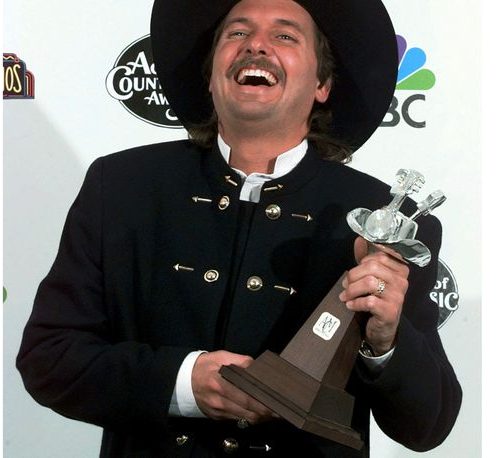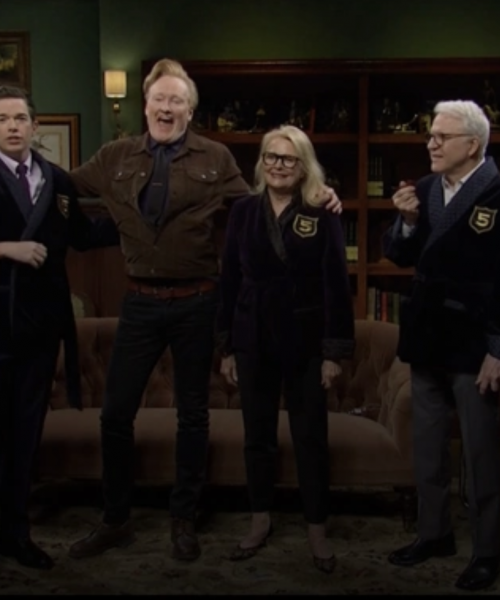BY STEPHEN FARBER | HollywoodReporter.Com
Troy Warren for CNT #Entertainment
The actor plays the determined father of Venus and Serena Williams in this complicated look at the early life of the two tennis superstars, directed by Reinaldo Marcus Green.
Reinaldo Marcus Green’s Telluride world premiere, King Richard, is an unusual picture to come from a major studio these days. Although Warner Bros. has made other inspirational sports movies, notably the Sandra Bullock drama The Blind Side, this new movie features nuances and complexities more likely to be found in indie releases. Although it will certainly be sold to emphasize Will Smith’s Oscar-contending performance, the actor creates a more ambiguous protagonist than we expect to see in what might have been a formulaic story of a Black family’s triumph.
Richard Williams is the father of Venus and Serena Williams, who drove his two daughters to unprecedented success on the tennis court as their monomaniacal coach. If Richard isn’t quite the demonic stage parent that we’ve seen in movies like Gypsy (coincidentally, another Warner Bros. release), he shares some qualities with the obsessive Mama Rose, who poured her own frustrations into the lives of her children. Gypsy ultimately ended on a positive note, and so does this movie, but what intrigues is that it is willing to make us uncomfortable in its portrayal of a man motivated as much by his own disappointments as by love for his children. Zach Baylin’s script honors these nuances.
The story focuses on Venus Williams’ early success, with Serena more in the background. And with the two sisters still at the top of their game after almost 30 years in the limelight, the film should hold undeniable fascination for audiences. It is far from a perfect film, but it tantalizes, thanks to the strong subject matter and the sharp characterizations and performances.
We are introduced to Smith’s Richard Williams as a determined, controlling man fighting to achieve recognition for his two young daughters, something he wants for himself as much as for them. Williams talks repeatedly about his own humiliations as a Black man growing up in the South at a time when the Ku Klux Klan remained a threat. Now living with his wife and five daughters in Compton, California, he carries a noticeable chip on his shoulder as he fights to find success for his children. An opening montage of Williams battling the skepticism of the haughty white tennis establishment is rich in humor, but with an undercurrent of sad desperation that is always apparent. Smith does some of his best acting in these early scenes, which mix Richard’s frustration, simmering resentment, and genuine love for his family.
Although Smith’s outstanding performance dominates the film, he is not the whole show. Aunjanue Ellis also shines as the girls’ sensible mother, who has the strength to defy her husband when he gets carried away on his ego trip. Hers is not as flashy a role as Smith’s, but she balances him with understated warmth and wisdom. Jon Bernthal is also excellent as Venus’ savvy coach; he brings humor and a believable mix of exasperation and resignation to his frustrating battles with Williams, which he almost invariably loses. As Venus, Saniyya Sidney plays with grit and tenderness, but she sometimes fades into the background.
The film is smoothly crafted, but it is also repetitive and overlong. It sometimes feels as if it’s replaying Richard’s conflicts with the condescending white tennis establishment. And despite its length, there are elements that are treated in a perfunctory manner, like Richard’s battles with the criminal elements in his Compton community.
The film builds to Venus’ entrée to professional tennis at the age of 14, and her fight for the championship doesn’t end in a formulaic way. (It’s worth remembering that the first Rockymovie ended with Rocky Balboa losing his fight and yet winning on a more profound level.) King Richard adheres to some sports movie formulas, but it’s most memorable when it plays against expectations.
In Other NEWS



































